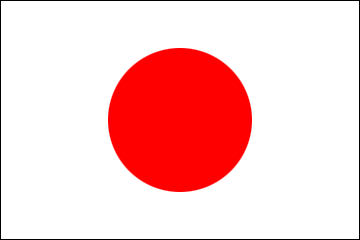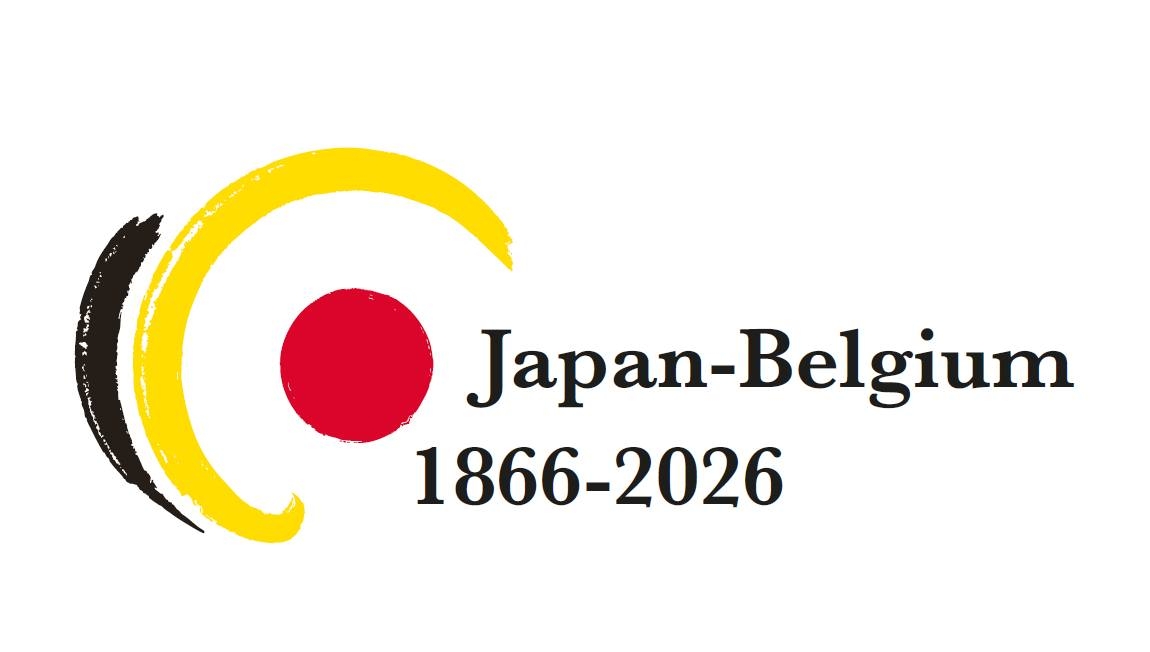Event Endorsement Guidelines for the 160 Years of Friendship between Japan and Belgium in 2026
In 2026, Japan and Belgium will celebrate the 160 Years of Friendship. In order to celebrate this anniversary with as many people as possible and to further promote exchanges between the two countries, the Governments of both countries will, upon application, authorise various events taking place in both countries as anniversary events. Events approved as anniversary events will be permitted to use the official logo of the Anniversary and will be promoted in the event calendar of the Embassy's website and its social media platforms. The application procedure is as follows.
1 Eligible Project
(1) Projects that deepen mutual understanding and promote friendship between Japan and Belgium in the fields of culture, arts, sports, education, tourism, economy and science etc.
(2) In principle, projects to be held in Japan or Belgium in 2026. However, in exceptional cases, projects to be held at the end of 2025 or beginning of 2027 may also be eligible.
(3) Projects that do not fall into any of the following categories:
- Projects offensive to public order or public morality.
- Projects that violate or may violate the laws and regulations of Japan or Belgium.
- Projects that do not suit the purpose of the anniversary project, which is to promote friendly relations between Japan and Belgium.
- Projects aimed at promoting a particular political view or religion.
- Projects that are not pursued in the public interest.
- Projects whose main purpose is profit-making.
2 Application Procedure
(1) When organising a project in Belgium, the organiser should send the following application documents to the Embassy of Japan in Belgium by e-mail, in principle no later than six weeks before the project. (For information on how to apply for a project in Japan, please contact the Embassy of Belgium in Japan.):
- Application form
- Budget for the project
- Letter of pledge
- Documents showing the content of the project (proposal, list and photos of works to be exhibited (in the case of exhibitions, etc.), description of the works (in the case of films, plays, etc.), programme, application guidelines (in the case of public exhibitions, competitions, etc.), etc.)
- Documents giving an overview of the organising body
(2) Applications received at the Embassy are examined. The Embassy will then inform the organisers of the results and send them the official logo in case the project is approved as an anniversary project. This will enable the organisers to use the official logo on the publicity materials of each project (however, the organisers must submit all publicity material using the official logo to the Embassy before printing and obtain permission from the Embassy).
3 Report on the Completion of the Project
4 Points to Note
(1) Points to note when applying:
- Application documents sent to the Embassy will not be returned.
- If the documents submitted at the time of application are insufficient, the Embassy may make enquiries or request additional documents.
- If the application is submitted less than six weeks before the project is due to take place, or if the application documents are significantly incomplete, the screening process may be refused.
- Inquiries about the screening process, etc. cannot be answered.
(2) Points to note during preparation and implementation:
- Even if a project is approved as an anniversary project, all responsibility for the implementation of the project rests with the organiser. The Embassy does not assume any responsibility as a result of the approval of the project.
- If the project is cancelled, or if the project is changed from the content at the time of application, the Embassy must be informed immediately.
- The approval may be withdrawn in case any of the following (1) to (3) apply.
- If the project has changed from the content at the time of application but is not immediately reported to the Embassy.
- If details of the project not included in the application documents are discovered later, or if the project has changed from what it was at the time of application and falls under any of the categories in Article 1 Paragraph (3).
- If the aspect ratio, colour or design of the official logo is changed. In addition, if the official logo is used for a project other than the approved project.

